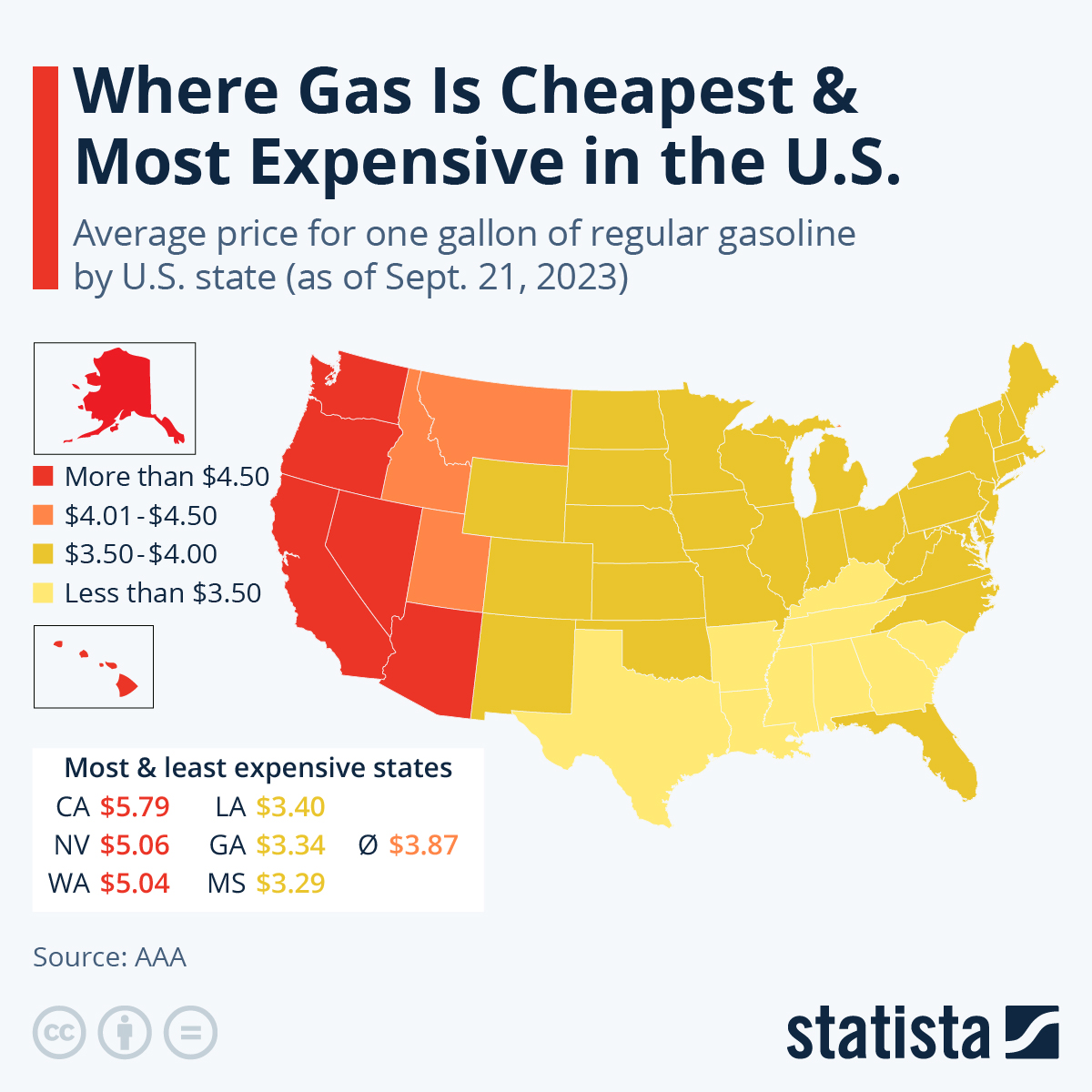High Quality Home Heating, Affordable Prices: Your Destination for the Cheapest Oil Prices on Long Island
Wiki Article
Understanding the Fluctuating Oil Cost: A Comprehensive Guide
Comprehending the Fluctuating Oil Price: A Comprehensive Guide is a valuable resource for any person seeking to obtain insights into the complex globe of oil prices. In an era where oil markets are constantly evolving, it is essential to recognize the aspects that drive rate fluctuations. This extensive guide provides a comprehensive evaluation of the different pressures that influence oil costs, consisting of international supply and demand characteristics, geopolitical occasions, and the influence of market conjecture. By diving right into the details of rate volatility, this guide equips readers with the understanding needed to navigate the ever-changing oil market. Whether you are a market expert, financier, or just curious regarding the dynamics of oil costs, this guide provides an extensive introduction that will certainly improve your understanding of this important element of the worldwide economic climate.Elements Affecting Oil Rates
Variables influencing oil costs depend on a complicated interplay of financial, geopolitical, and ecological elements. The economic variables include supply and demand characteristics, market conjecture, and the strength of the international economic climate. When demand for oil exceeds supply, rates have a tendency to rise, whereas when supply goes beyond need, prices tend to drop. Market supposition can likewise have a significant impact on oil costs, as investors and investors try to anticipate future price movements based upon different factors such as political occasions or changes in international economic problems. Furthermore, the overall toughness of the international economic climate can influence oil rates, as a robust economy generally results in raised demand for oil.Geopolitical factors additionally play a crucial duty in oil price variations. Political events such as wars, problems, and assents can interfere with oil supply from major creating countries, resulting in price volatility. Moreover, geopolitical stress in key oil-producing regions, such as the Center East, can produce uncertainty and enhance the risk costs on oil costs (cod oil prices).
Environmental elements, especially policies connected to environment adjustment and power shift, are progressively influencing oil rates. Actions intended at minimizing greenhouse gas discharges and promoting renewable energy resources can reduce the demand for oil, thus putting descending stress on costs. Furthermore, environmental disasters or regulations can interfere with oil manufacturing and transportation, impacting rates in the short-term.
International Supply and Need
The current state of global supply and demand for oil significantly influences its price. When supply goes beyond demand, oil rates have a tendency to lower as there is an excess of oil readily available in the market.Numerous elements affect worldwide supply and demand for oil. Economic development is a major driver of oil need, as increased financial task leads to greater energy consumption.

In recent times, the COVID-19 pandemic has actually had a significant effect on global supply and demand for oil. Lockdown procedures and take a trip limitations have led to a decrease in oil need, resulting in an excess in supply and a sharp decline in oil costs. As the world starts to recover from the economic and pandemic task returns to, oil need is expected to increase, possibly causing a surge in oil prices.
Geopolitical Events and Oil Rates
Geopolitical occasions play an essential role fit the rising and fall prices of oil. The international oil market is highly conscious geopolitical tensions, problems, and occasions that can disrupt the supply and need characteristics. Any political instability or conflict in major oil-producing regions has the possible to influence oil rates dramatically.For instance, when geopolitical stress climb in the Middle East, which is a significant oil-producing region, it can result in issues about supply interruptions. This can trigger a rise in oil rates as investors and financiers expect potential disturbances in oil production and transportation.
Likewise, political choices and actions taken by significant oil-producing countries can additionally influence oil costs. When here OPEC (Organization of the Oil Exporting Countries) participants concur to reduce production, it can result in minimized supply and consequently higher oil prices. Conversely, when OPEC determines to raise production, it can cause a surplus out there and a succeeding decline in oil prices.
Moreover, geopolitical occasions in major oil-consuming countries can additionally affect oil rates. Economic and political developments in nations like China, the USA, and Europe can affect oil demand, as a result influencing rates.
Influence of Market Conjecture
Proceeding from the previous subtopic, the influence of market conjecture on oil rates can not be underestimated. Market speculation refers to the process of traders and investors making predictions concerning future oil costs based upon various factors such as supply and need characteristics, geopolitical events, and financial indicators. These speculations can have a substantial effect on the price of oil in the short term.
In addition, market speculation can affect oil rates by shaping market sentiment. If speculators believe that oil costs will rise, they may involve in acquiring tasks, bring about a rise in prices. Alternatively, if they expect a decrease in costs, they could offer their placements, driving prices down.
Nevertheless, it is necessary to keep in mind that while market conjecture can have temporary results on oil rates, it is not the sole determinant of long-term price trends. Basic variables, such as adjustments in supply and demand principles, ultimately drive the general instructions of oil rates.
Comprehending Cost Volatility
Market speculation plays an essential role in comprehending the rate volatility of oil. Price volatility refers to the considerable and fast adjustments in the cost of a commodity, such as oil, over a short duration. It is affected by various aspects, consisting of supply and demand dynamics, geopolitical tensions, economic signs, and market belief. However, market conjecture adds an added layer of intricacy to price volatility.Conjecture occurs when capitalists and traders acquire or offer oil agreements based upon their assumptions of future price motions. These speculators do not have a straight rate of interest in the physical shipment of the commodity however objective to benefit from rate variations. Their activities can magnify cost activities and add to increased volatility. When speculators prepare for an increase in oil prices, YOURURL.com they purchase huge amounts of oil contracts, driving up costs. Conversely, when they anticipate rates to decrease, they market their placements, putting downward stress on costs.
The influence of market Full Report speculation on oil price volatility is a topic of continuous argument. Doubters argue that extreme conjecture can lead to market distortions and price bubbles, while others compete that speculators supply liquidity and enhance market effectiveness. Controling speculative tasks and raising openness in oil futures markets are steps that policymakers have taken into consideration to minimize extreme volatility.
Final Thought
In final thought, comprehending the varying oil price needs an analysis of different elements. International supply and demand, geopolitical occasions, and market supposition all play considerable functions in shaping oil costs.Understanding the Fluctuating Oil Rate: A Comprehensive Guide is a beneficial resource for anybody seeking to obtain understandings into the complex world of oil prices (cod oil prices). When need for oil surpasses supply, rates have a tendency to climb, whereas when supply exceeds need, prices have a tendency to fall. When supply exceeds demand, oil costs tend to reduce as there is an unwanted of oil available in the market. Speculators can enhance rate activities by taking large placements in oil futures agreements, which are agreements to market or buy oil at a fixed rate in the future. When speculators expect a boost in oil costs, they get huge amounts of oil contracts, driving up costs
Report this wiki page